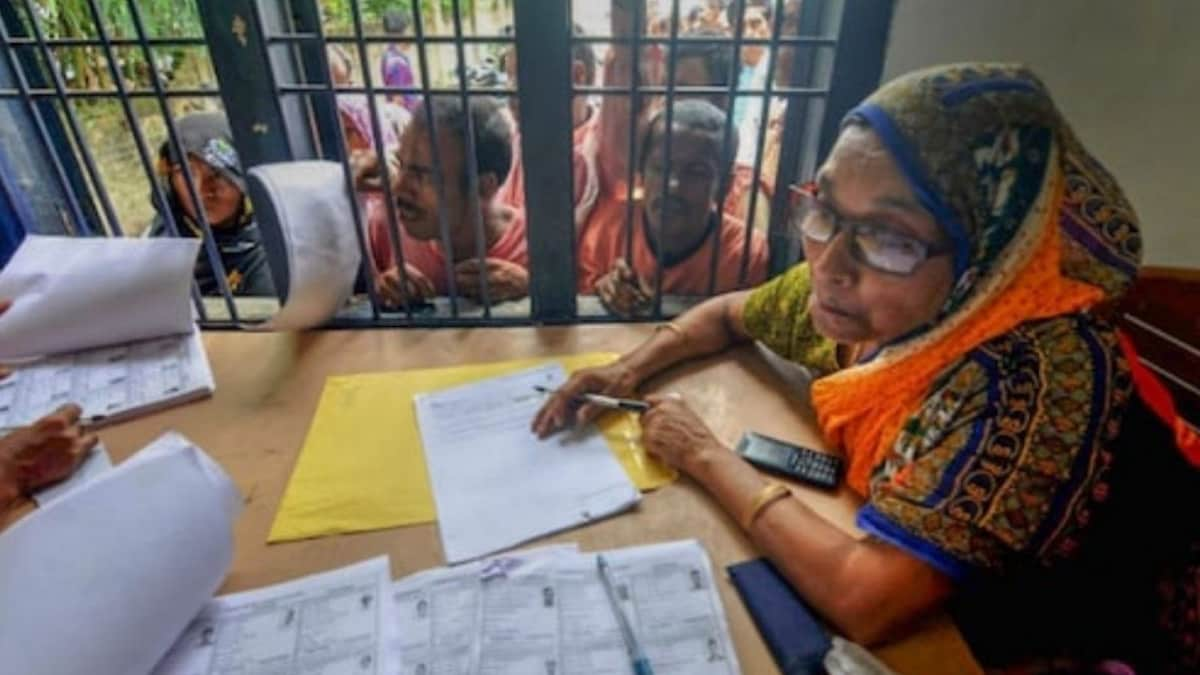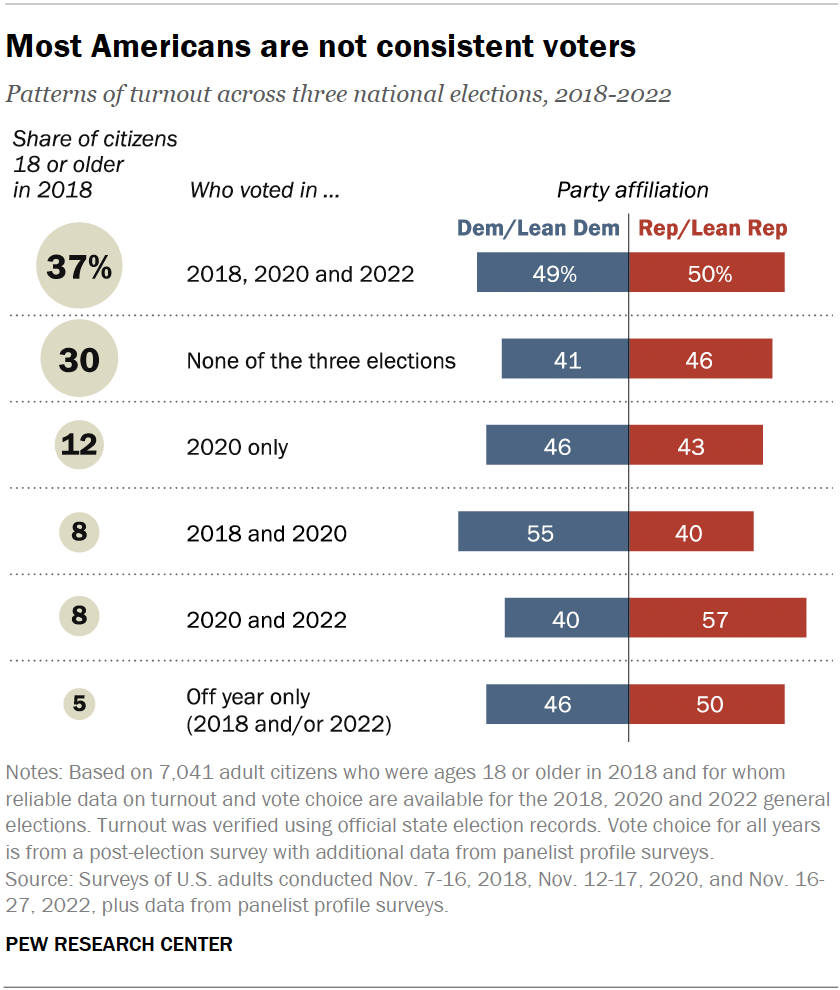Assam Government To Take Action Against Aadhaar Holders Outside NRC

Table of Contents
Understanding the Assam NRC and its Exclusions
The National Register of Citizens (NRC) in Assam is a list of Indian citizens who can prove their citizenship in Assam. Its roots lie in the historical complexities of the region, particularly the influx of migrants from neighboring countries over decades. The primary purpose of the NRC is to identify and delineate genuine Indian citizens residing within Assam from those who may not meet the criteria for citizenship.
The NRC updation process, completed in 2019, involved rigorous scrutiny of documents tracing lineage back to 1971, proving a significant challenge for many. This process ultimately excluded a substantial number of people from the final list, raising profound questions about their legal status and future in the state. The sheer number of exclusions—over 1.9 million individuals—underscores the monumental scale of this undertaking and its far-reaching consequences.
- Complexities of Proving Citizenship: Proving citizenship in Assam requires the submission of extensive documentation, often spanning generations. This includes birth certificates, land records, and other historical documents, many of which may be unavailable or difficult to obtain, especially for marginalized communities.
- Challenges Faced by the Excluded: Those excluded from the NRC face significant challenges, including limited access to essential services, the constant threat of deportation, and social stigma. The lack of legal recourse further exacerbates their plight.
- Role of Legacy Data: The NRC process relied heavily on legacy data and documents, many of which are incomplete, inconsistent, or unreliable. This further complicates the process of determining citizenship and contributes to the significant number of exclusions.
The Government's Planned Action Against Aadhaar Holders Outside the NRC
The Assam government has announced its intention to take action against Aadhaar holders who were excluded from the final NRC list. While the precise details of these actions remain unclear, the government's stated aim is to identify and address those deemed "illegal immigrants." The legal basis for these actions is yet to be fully clarified, leading to concerns about due process and potential human rights violations.
The government may utilize various methods to identify individuals, including cross-referencing Aadhaar data with the NRC exclusion list and conducting further investigations. This raises concerns about data privacy and the potential for misuse of personal information.
- Types of Actions: Potential actions include further investigation, detention, and potentially deportation. The government might also restrict access to certain services or benefits.
- Legal Challenges: The legality of these actions is likely to face significant legal challenges, particularly given concerns about due process and the potential for human rights violations.
- Role of Government Agencies: Multiple government agencies, including immigration authorities and the police, are likely to be involved in the implementation of these actions, raising concerns about coordination and potential inconsistencies in the application of the law.
Concerns and Criticisms of the Government's Approach
The Assam government's approach has drawn significant criticism from various quarters. Human rights organizations and civil society groups have voiced concerns about the potential for discrimination, harassment, and violations of fundamental rights. There are fears that the actions may disproportionately affect vulnerable populations, including marginalized communities and those lacking access to legal representation.
- Concerns about Discrimination: The lack of transparency and the potential for bias in the identification and targeting of individuals raise concerns about discrimination and the targeting of specific ethnic or religious groups.
- Importance of Fair Processes: Critics emphasize the need for fair and transparent procedures, ensuring that individuals have the opportunity to appeal decisions and challenge their exclusion from the NRC.
- Need for Legal Recourse: The absence of clear legal recourse for those affected further exacerbates concerns. The lack of a streamlined appeal process leaves many vulnerable to arbitrary actions.
The Impact on Affected Individuals and Communities
The government's actions will have profound and far-reaching consequences for individuals and communities excluded from the NRC. The implications extend beyond mere legal status, impacting access to essential services, livelihoods, and social well-being.
- Access to Basic Services: Exclusion from the NRC can severely limit access to essential services, such as healthcare, education, and government benefits. This vulnerability is amplified for those already marginalized.
- Impact on Livelihoods: The uncertainty surrounding their legal status and the potential for deportation significantly impacts the ability of affected individuals to secure and maintain employment, causing widespread economic hardship.
- Psychological Impact: The constant fear of deportation, the social stigma associated with NRC exclusion, and the separation from families and communities create immense psychological distress.
Conclusion
The Assam government's planned actions against Aadhaar holders excluded from the NRC represent a significant development with far-reaching consequences. The legal ambiguities, potential human rights violations, and the profound impact on affected individuals and communities require careful consideration. The complex interplay between Assam NRC, Aadhaar, and the struggle for citizenship highlights the urgent need for transparent, fair, and legally sound processes to determine citizenship. The challenges of proving citizenship, the complexities of legacy data, and the potential for discrimination underscore the need for a more nuanced and humane approach.
Call to Action: The ongoing situation regarding Assam NRC and the government's actions requires careful monitoring and consideration. Staying informed about developments concerning Assam NRC, Aadhaar, and citizenship rights is crucial. Further research into the legal implications and the impact on affected communities is essential for understanding the full scope of this complex issue. Learn more about the Assam NRC and the rights of its citizens. Understanding your rights related to the Assam NRC and Aadhaar is crucial for navigating this complex legal landscape.

Featured Posts
-
 Paired Singles From Loyle Carner All I Need And In My Mind
May 02, 2025
Paired Singles From Loyle Carner All I Need And In My Mind
May 02, 2025 -
 Sky Bet Every Minute Matters Barrow Afc Fans Cycling Challenge
May 02, 2025
Sky Bet Every Minute Matters Barrow Afc Fans Cycling Challenge
May 02, 2025 -
 The 2024 Elections What Florida And Wisconsins Voter Turnout Tells Us
May 02, 2025
The 2024 Elections What Florida And Wisconsins Voter Turnout Tells Us
May 02, 2025 -
 Spoedprocedure Kampen Gebrek Aan Stroomaansluiting Door Enexis
May 02, 2025
Spoedprocedure Kampen Gebrek Aan Stroomaansluiting Door Enexis
May 02, 2025 -
 Avrupa Is Birligi Guencel Durum Ve Beklentiler
May 02, 2025
Avrupa Is Birligi Guencel Durum Ve Beklentiler
May 02, 2025
